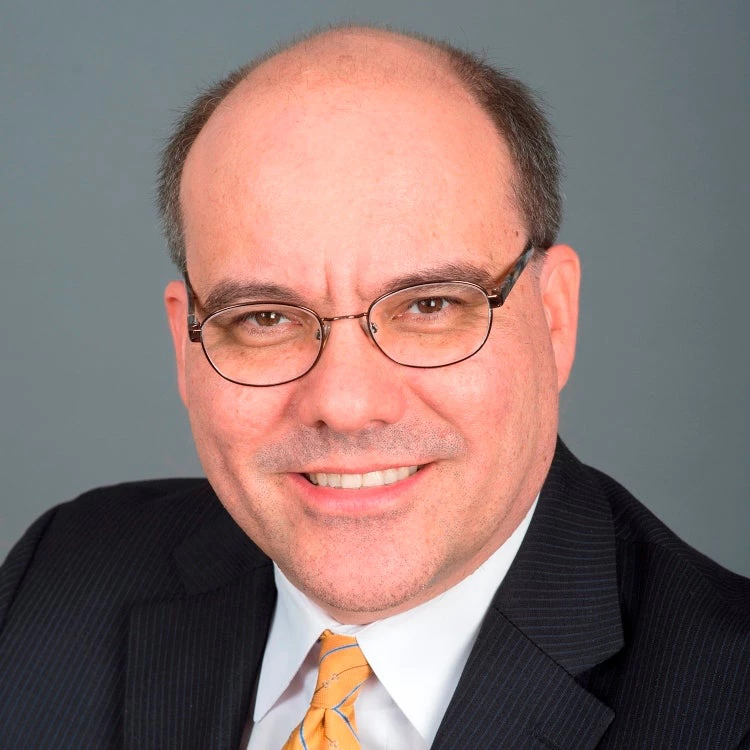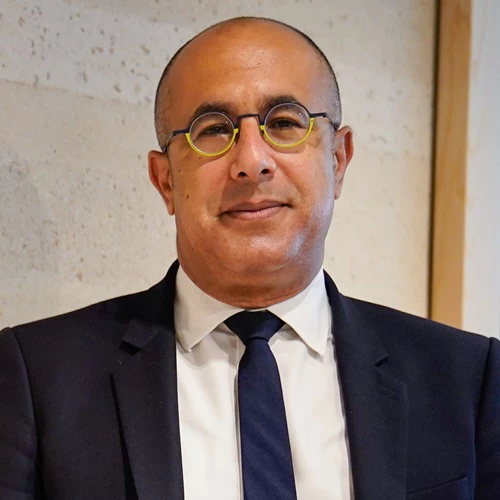Natural disasters cost $520 billion in losses each year and force some 26 million people into poverty each year. A volatile mix of drivers including a changing climate, conflict, and recurring natural disasters like drought – playing out in Africa and the Middle East right now where 20 million people teeter on the brink of famine – may further exacerbate this trend.
In fact, by 2030, without significant investment into making cities more resilient, climate change may also push up to 77 million more urban residents into poverty, according to the Investing in Urban Resilience report.
To prevent such losses, the international communities and countries – especially those highly vulnerable to climate change and nations in fragile and conflict situations – must prepare in advance for better disaster and crisis recovery.
There are good examples to follow. In India, when the 2014 cyclone Phailin struck, the country invested $255 million in preparedness and worked with local communities to build shelters. This helped significantly reduce the impact of the disaster – about 1 million people were evacuated, and 99.9% of losses in life were prevented compared to the previous cyclone.
Positive changes like this are possible, but amid increasing disaster risks, countries need to up their game on disaster preparedness and resilient recovery, given the high stakes in terms of saving lives, livelihoods, and reducing economic impact.
This week, at the third edition of the World Reconstruction Conference (WRC3) in Brussels, more than 500 experts and practitioners from the public and private sectors, NGOs, and academia are coming together to share best practices and lessons on resilient recovery, with a special focus on fragile and conflict states.
Watch a video to learn more about the WRC3 conference from World Bank Senior Director Ede Ijjasz-Vasquez (@Ede_WBG) and Director Sameh Wahba (@SamehNWahba), and learn how the World Bank is working to help countries prepare for and recover from disasters as a key partner, convener, and investor of choice.
Co-organized by the European Union, the World Bank’s Global Facility for Disaster Reduction and Recovery (GFDRR), the United Nations Development Programme (UNDP), and the African, Caribbean and Pacific Group of States, the event will be held in conjunction with the European Development Days 2017.




Join the Conversation